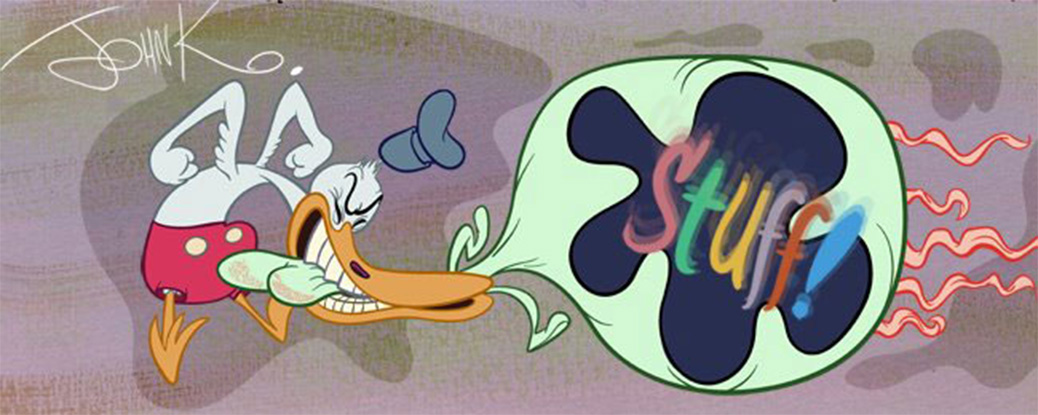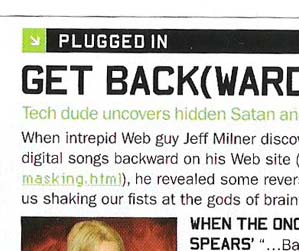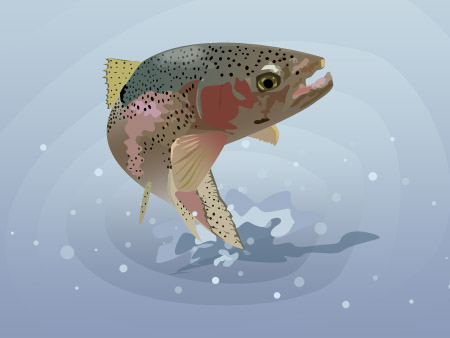Within any collaborative effort, participants do their part giving so that there might be some kind of benefit reaped out of the collective work of the project. Derek Powazek proposes that perhaps the participants need not even be aware of their contributions in order for a system to form benefitting the perverbial greater good. Read about it in his post, Design for Selfishness.
As I read it, I started to think that as powerful search engines like Google and Yahoo continue to pull the web into one easily accessible medium, a dissection at different levels of the internet can be very revealing. For example, on any given community driven web page the creator may have big plans for the users input of finely crafted content but may or may not be actually offering anything for it. As Powazek points out there has to be a reason for the user to contribute, “If you’re making a product that’s asking users to do something—anything—that is going to add value to your company, ask yourself why anyone would bother.” There are plenty of not so good reasons that get passed off all the time: “Because it’s cool!”, “Because they contribute to Wikipedia/Slashdot/Whatever, and we’re just like that!”, or “Because we enable them to use their voice.”
But he goes on to explain that there are some good answers too:
Because we solve a problem they have. Because we give them something they can’t get anywhere else. Because we enable a kind of communication that’s unlike anything else. Because we make their lives more convenient. Because we give them, or save them, money. Because we enable them to do more with less. Because they told us they wanted to.
The whole scenario reminds me of the concept presented in Richard Dawkins famous book, “The Selfish Gene”. The book’s thesis is that in any living creature the genes that get passed on are the ones whose mutations serve their own implicit interests, not necessarily those of the organism, much less any larger level.
Let me use tagging photos as an example (I know this is the same one Powazek used, but it’s the best one). Within Flickr.com users have the ability to put tags on their photos. This helps them to find their own photos quickly and easily when they search by tag, but it also benefits the flickr community at large because they are able to search everyone’s photos by their tags.
The same is true within the context of the blogosphere as a whole. Here individuals write about specific topics and whatever their motivation the result is we are provided with a vast expanse of searchable content.
Thinking about all the posts and topics I’ve written about, I hope you, the good readers of this site, find something useful here.

 Thanks to astute reader Matt Halbig for pointing out that my
Thanks to astute reader Matt Halbig for pointing out that my 

